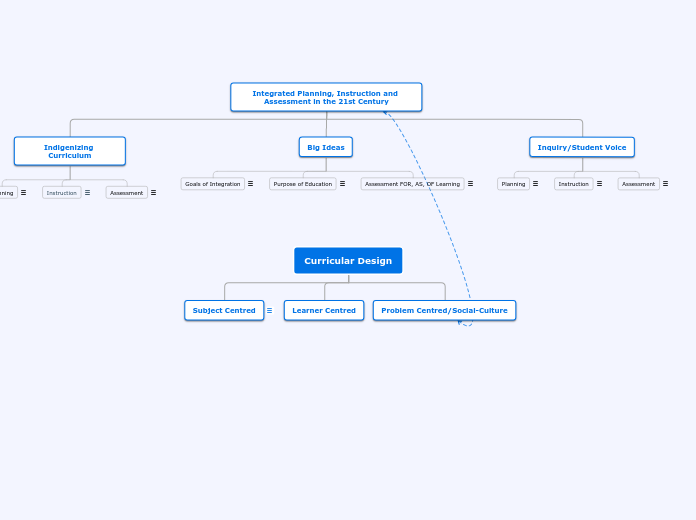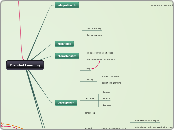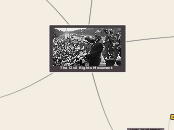Integrated Planning, Instruction and Assessment in the 21st Century
Inquiry/Student Voice
- assessment points are clear, criteria is transparent
- assessment is not an end point based on culminating tasks, it is embedded throughout the inquiry process
- educator and students aware of reason for assessment-is is as, for or of?
- consider differentiation of assessment tools: oral conversations, exit tickets, video, observations, self and peer assessment
- collaboration for inquiry is essential, as transition to this form of instruction occurs, engage in explicit instruction related to group/social skills
- often requires some direct instruction at outset, then teacher moves into role of guide/facilitator
- teacher motivation during instruction increases student motivation
- create provocations that centre problem centred learning
- student voice imperative in planning process
- students can define what they want to learn and what they need help with
- educators benefit from exploring resources and professional development related to inquiry and student voice: collaborate with experienced teachers and with teachers within the school
- plan for "rounds"- open doors in classrooms for teachers to build knowledge with one another
- administration as partners in planning
- teachers participate in active self-reflection to aid future planning
Important for Integration:
educators are aware of and define the expected outcomes and plan transparent assessment points
Big Ideas
Assessment FOR, AS, OF Learning
Refined assessment is directly aligned with instruction and it balances format of content with cognitive dispositions.
All assessment is critiqued for validity, reliability and fairness.
Assessment AS Learning
- formative
- increases student self-efficacy
- develops students' capacity to self-monitor
- occurs throughout learning process
- student contributes to what is needed for improvement in order to attain identified objective
- provides immediate feedback in learning process
Assessment For Learning
- clearly provides student with feedback for next steps in learning or to remedy errors
- ongoing and recursive: teacher can modify instructional plan based on assessment for learning
- is formative
Assessment Of Learning
- evaluative assessment of learning
- ranks students based on criteria
- used for reporting purposes
- potential for student demotivation
- emphasis on reliability and validity
Mcmillan, JH (2014) High Quality Classroom Assessment in Classroom Assessment: Principles and Practice for Effective Standards-Based Instruction. Pearson New Jersey.
Purpose of Education
21st century learning is concerned with problem-centred learning and the development and application of cognitive processes across domains.
Big Idea involves student ability to build on cognition and transfer it to new learning.
Key Elements-education should cultivate:
- deep understanding of big ideas
- understanding of effective use of technology
- cognitive ability to think critically
- creativity and innovation
- collaborative skills
- global perspective
- learning dispositions-flexibility, self-regulating learning skills
Mcmillan, JH (2014) High Quality Classroom Assessment in Classroom Assessment: Principles and Practice for Effective Standards-Based Instruction. Pearson New Jersey.
Goals of Integration
Problem: we are practicing problem-centred and learner planning and instructional design buy misalignment occurring because we continue to use assessment that is synonymous with subject-based design
- When curriculum and assessment are aligned, student performance on standardized tests increases.
- Alignment of instruction and assessment increases student motivation for learning
- integrated assessment and instruction helps build the development of student cognition
- determine outcomes at planning phase
- decide on what evidence suggests outcomes are met at specific and transparent target point
- it is recursive-how has feedback in response to assessment targets unfolded?
- provide further instruction based on results from ongoing assessment
Goal for planning instruction and assessment:
BACKWARD MAPPING with defined targets and criteria, assessment and points, explicit instructional points and well-defined expected overall outcome are key to integrating planning , instruction and Assessment
Hayes, Debra, 2003 Making Learning an Effect of Schooling: Aligning Curriculum, Assessment and Pedagogy Discourse: Studies in the Cultural Politics of Education 24(2) p.225-245
Mcmillan, JH (2014) High Quality Classroom Assessment in Classroom Assessment: Principles and Practice for Effective Standards-Based Instruction. Pearson New Jersey.
Indigenizing Curriculum
Assessment
- value different ways of knowing by providing multiple ways for students to demonstrate learning
Castellon, A (2017) A call to personal research: Indigenizing your curriculum. Canadian Journal for Teacher Research May (28)
retrieved from:
https://www.adriennecastellon.com/2019/06/19/a-call-to-personal-research-indigenizing-your-curriculum/
Instruction
- consider the arts and humanities as a starting point for instruction related to critical thinking and decolonization
- ensure learners have opportunities to teach each other: instruction is recursive
- all voices are valued
- include restorative practices in instruction, e.g. community circles for knowledge building
- connect to elders
- connect to community and place based learning
Castellon, A (2017) A call to personal research: Indigenizing your curriculum. Canadian Journal for Teacher Research May (28)
retrieved from:
https://www.adriennecastellon.com/2019/06/19/a-call-to-personal-research-indigenizing-your-curriculum/
Planning
- educator self-reflection: do I prioritize decolonization of curriculum?
- engage with Indigenous communities
- plan provocations that address social justice issues
- plan and locate resources for experiential and place-based learning activities
Castellon, A (2017) A call to personal research: Indigenizing your curriculum. Canadian Journal for Teacher Research May (28)
retrieved from:
https://www.adriennecastellon.com/2019/06/19/a-call-to-personal-research-indigenizing-your-curriculum/
Curricular Design
Problem Centred/Social-Culture
Learner Centred
Subject Centred
Subject Based Design: Integration of Assessment
- Assessment is a scientific measurement
- based on specific technique to measure each small phase of learning/acquisition of information within a learning activity
- instruction at each step based on teaching to mastery of the subset skill
- philosophical base related to ensuring assessment is objective and uniform-holistic and differentiated assessment is viewed as subjective and unreliable/invalid
- based on behaviourist learning theory: response to stimuli
- concept of student motivation in predicated on external measures
- usually based on rote recall of subject matter from instructional practice
- often fragmented-e.g. measurement of language may involve separate test for comprehension coupled with a running record diagnostic
- high-stakes testing aligned with subject based design-conflict occurs when planning and instruction are based on learner or problem centred design as high stakes testing typically based on subject based design
Shepard, Lorrie (2000) The Role of Assessment in a Learning Culture Educational Researcher 29 (7) 4-14









